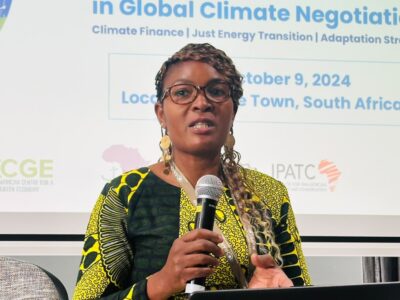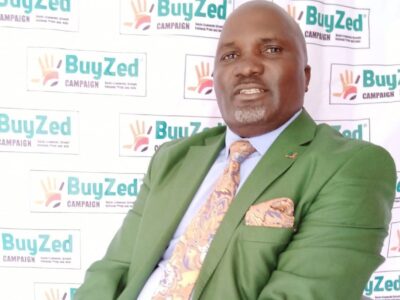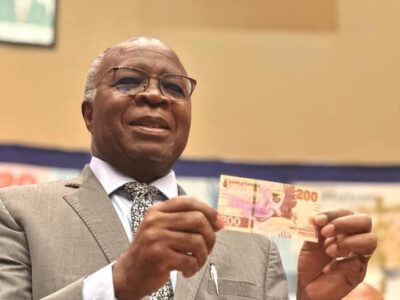The Bank of Zambia (BOZ) has raised the Monetary Policy Rate by 50 basis points to 14.0 percent to address persistent inflation, which remains above the target band of 6-8 percent.
BOZ Governor, Dr. Denny Kalyalya announced the rate hike, stating that it aimed to steer inflation back towards target and anchor expectations.
He shared this at a media briefing following the November 11-12 Monetary Policy Committee meeting.
Kalyalya noted that the Committee also considered complementary liquidity management measures and ongoing foreign exchange market reforms, as well as economic fragility following recent drought impacts.
“Annual inflation averaged 15.5 percent in the third quarter, up from 14.6 percent in the previous quarter,” he said.
He added that October inflation further increased to 15.7 percent due to limited supplies of maize, fish, and vegetables, increased demand for solid fuels amid electricity load management, and Kwacha depreciation.

For 2024, inflation was expected to average around 15.0 percent, with the 2025 projection now revised to 13.9 percent from 12.7 percent, driven by currency depreciation and higher electricity tariffs resulting from the drought.
Read More: Bank of Zambia maintains 13.5% lending rate to curb inflation amid economic headwinds
Real GDP growth projections for 2024 have also been adjusted down to 1.2 percent from 2.3 percent in July.
“In the first three quarters of 2026, inflation is projected to decline to 9.0 percent, though still above target,” Kalyalya said.
He warned of continued upside risks, including rising maize prices and currency weakness.
To manage inflationary pressures, Kalyalya confirmed that the Committee decided to raise the Policy Rate to 14.0 percent, supported by liquidity management and foreign exchange market reforms.
He assured that the Bank remained ready to take further action if inflation stays above the target.
WARNING! All rights reserved. This material, and other digital content on this website, may not be reproduced, published, broadcast, rewritten or redistributed in whole or in part without prior express permission from ZAMBIA MONITOR.












Comments